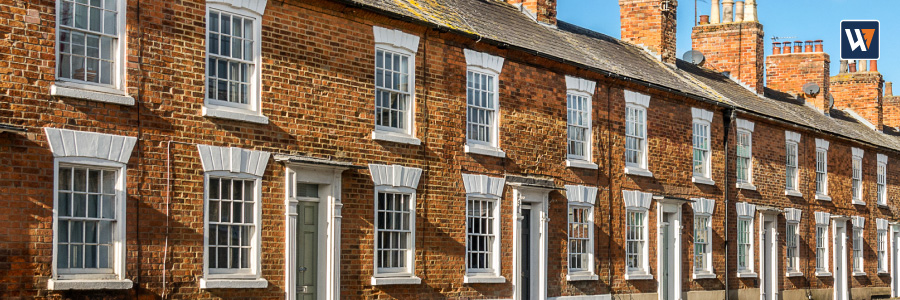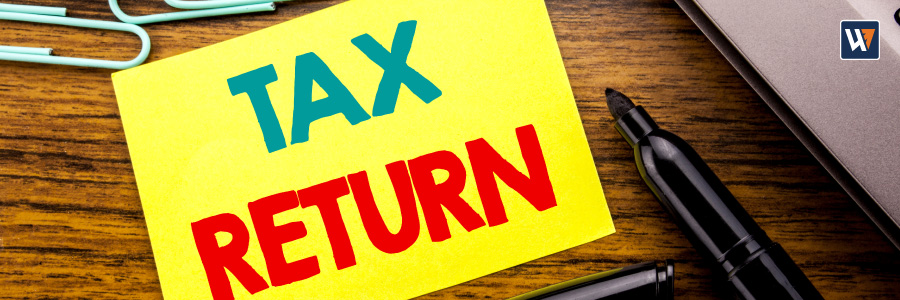Buy To Let through a Limited Company
 17th April 2024
17th April 2024
There continues to be an ongoing debate when buying a residential property to let out about whether to buy this personally or set up a limited company to own it. Unlike our sole trader v limited company comparisons for a trading business there is not a clear division based on profits. There are a lot of variables that affect this that are covered below.
Tax – Personally
- The profits of the rental property are calculated based on the letting income less allowable expenses. The big difference being that the interest on any mortgage interest is not an allowable expense when calculating the profits and the band you fall into for tax. Although you do get a credit for 20% of it against your total tax liability.
- As an individual the property profits will be added onto your other income sources for calculating tax so you would pay 20%/40% or 45% on the profits depending on your personal income levels.
- If you come to sell the property, you will pay capital gains tax on the sale of the property. The basic calculation for the gain is the sale proceeds less the purchase price, although you will also get a deduction for sale and purchase costs and enhancements to the property not claimed for through the rental accounts. Personally there are advantages if you have lived in the property as there will be a discount on the gain. You will also personally be able to set against your CGT annual exemption (if not used elsewhere) however for 2024/25 this has reduced to only £3k. The tax you then pay on the sale again depends on your personal income levels varying from 18% to 28%.
Tax – Company
- The profits are calculated in the same way as an individual except that in a company you will get tax relief for the interest on the mortgage when calculating them.
- The tax payable by a company will be 25% on any profits made as a company holding a property is classed as an investment company, so doesn’t benefit from the lower rate of corporation tax.
- If you come to sell the property, you will pay corporation tax at 25% on the gain (calculated in the same way as personally) except there are no reliefs available.
- The main downside to owing it through a company is that you will be taxed on any profits you want to extract from the company as dividend income at 8.75%/33.75%/39.39% depending on your personal tax rate.
Other Considerations
- Stamp duty
- Benefit in kind if you live in a property owned by your own company.
- Additional tax if the residential property is over £500k held in a company.
- Owing the property jointly
- Getting a mortgage in a company
- Tax on the sale of a rental property owned personally due in 60 days.
- Profits split on company structure rather than property ownership.
In general, if you are looking to own a buy to let property for investment reasons then a company can be the way to go as there may be tax savings and protection of holding it in the company. You also could reinvest the profits in further properties within the company. Transferring a property from personal ownership to a company, however, can incur high tax charges so would need to be looked at long-term view.
As tax becomes more complicated every situation becomes different dependent on an individual’s personal circumstances. At Whitings we can assess the best structure for you and your future needs, whilst minimizing the tax you pay.
Get In Touch
Setting up a Limited Company is very straight forward, and we can help maintain that company for you on an annual basis. Please do get in touch with us for a free initial meeting to discuss the best way forward for the ownership of your buy to let property.
Disclaimer - All information in this post was correct at time of writing.








